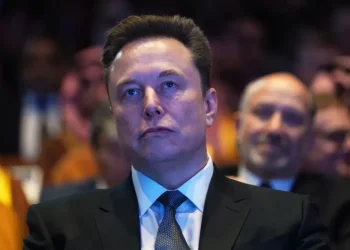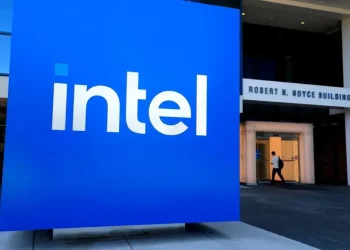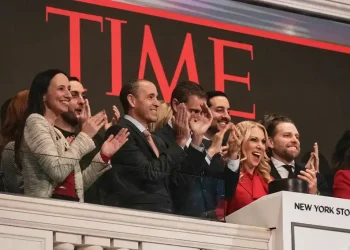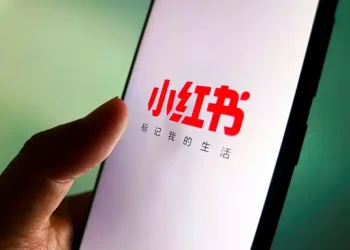Nvidia CEO Blasts U.S. Chip Export Policy as a ‘Failure’ Amid Rising Global Tech Tensions
Taipei, Taiwan — Nvidia CEO Jensen Huang has sharply criticized U.S. restrictions on exporting advanced computing chips to China, calling the policy a “failure” that is hurting American businesses more than its intended targets.
Speaking at the annual Computex tech conference in Taipei, Huang didn’t mince words when describing the fallout from U.S. export controls. “The fundamental assumptions that led to the AI diffusion rule in the beginning have been proven to be fundamentally flawed,” Huang told reporters.
Nvidia’s Market Share in China Cut in Half
Huang pointed to the dramatic drop in Nvidia’s market share in China as a direct consequence of these restrictions. Once commanding 95% of the Chinese market for advanced chips, Nvidia now holds just 50%. The CEO said that rather than slowing China’s tech ambitions, U.S. policies have fueled a push for self-reliance, with Chinese companies ramping up investment in domestic semiconductor development.
U.S. Policy Shift Sparks Debate
The criticism comes just days after the Trump administration announced it would scrap some of the Biden-era rules that had imposed blanket bans on exports to China. While that move is expected to open the door for new AI deals with countries like Saudi Arabia—deals Nvidia is already eyeing—it also comes with tighter restrictions elsewhere.
Under the revised strategy, the U.S. will still restrict advanced technology exports to dozens of entities, most of them based in China. This includes new licensing rules for specific Nvidia chips and warnings to U.S. firms about using Chinese-made components from companies like Huawei.
Tech vs. National Security: A Growing Divide
Huang’s remarks tap into a broader debate in Washington: how to balance national security with economic competitiveness. Both the Trump and Biden administrations have cited military risks in justifying tech export controls. However, many in the business community argue these rules often end up isolating U.S. companies and encouraging global buyers to look elsewhere.
While former President Trump has championed aggressive trade measures, including sweeping tariffs, he has shown more flexibility with the tech industry—particularly as it played a key role in backing his reelection campaign.
During a recent Middle East tour, Trump touted the loosening of chip export restrictions as a win for American innovation, positioning companies like Nvidia to strike lucrative international deals.
Beijing Fires Back
The U.S. moves have not gone unnoticed in China. In response to the latest crackdown, Beijing accused Washington of violating the trade framework both sides had tentatively agreed upon during negotiations in Switzerland earlier this month.
Chinese officials argue that America’s shifting rules are undermining trust and further destabilizing global tech supply chains.
Bottom Line:
Jensen Huang’s blunt assessment underscores growing frustration in Silicon Valley over how U.S. chip policies are being handled. As global tech competition heats up, the battle over who controls the future of semiconductors is far from over—and American firms may be caught in the middle.
This article was rewritten by JournosNews.com based on verified reporting from trusted sources. The content has been independently reviewed, fact-checked, and edited for accuracy, neutrality, tone, and global readability in accordance with Google News and AdSense standards.
All opinions, quotes, or statements from contributors, experts, or sourced organizations do not necessarily reflect the views of JournosNews.com. JournosNews.com maintains full editorial independence from any external funders, sponsors, or organizations.
Stay informed with JournosNews.com — your trusted source for verified global reporting and in-depth analysis. Follow us on Google News, BlueSky, and X for real-time updates.














